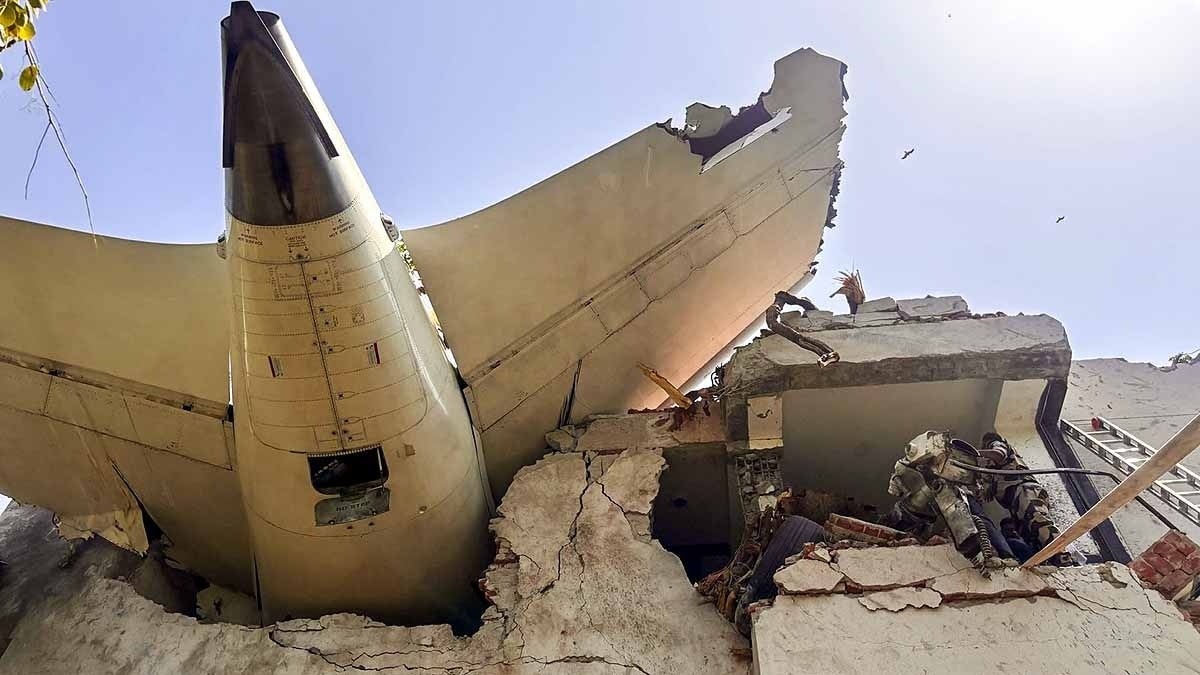Air India had replaced the Throttle Control Module (TCM) of the crashed Boeing 787-8 aircraft twice in the last six years, following a directive from Boeing issued in 2019. The TCM, which includes fuel control switches, has come under scrutiny in the ongoing investigation into the fatal crash of the London-bound Dreamliner VT-ANB in Ahmedabad on June 12.
The Aircraft Accident Investigation Bureau (AAIB) released a preliminary report on the crash, revealing that the TCM replacements in 2019 and 2023 were not linked to the fuel control switches. The replacements followed a revised maintenance planning document (MPD) issued by Boeing, requiring Dreamliner operators to change the TCM every 24,000 flight hours.
Since 2019, when the MPD was issued, sources told news agency PTI that Air India changed the TCM in the ill-fated aircraft twice — in 2019 and 2023.
Meanwhile, the US Federal Aviation Administration (FAA) and Boeing have privately issued notifications confirming that the fuel switch locks on Boeing planes are safe, according to a document seen by Reuters and four sources familiar with the matter. The FAA’s Continued Airworthiness Notification, dated July 11 stated that although the fuel control switch design, including the locking feature, is similar across various Boeing models, the FAA does not consider this an unsafe condition warranting an Airworthiness Directive for any Boeing airplanes, including the 787.
When asked for comment, the FAA said it had nothing further to add beyond the notification. Boeing also referred to the FAA notification in a Multi-Operator-Message sent to airlines recently, stating that the company is not recommending any action, according to two sources with direct knowledge.
The preliminary investigation by AAIB referenced a 2018 FAA advisory that recommended, but did not mandate, inspections of the fuel cutoff switch locking feature on several Boeing models, including the 787, to prevent accidental movement. The report noted that Air India had not conducted the suggested inspections as the advisory was not mandatory.
(With agency inputs)







